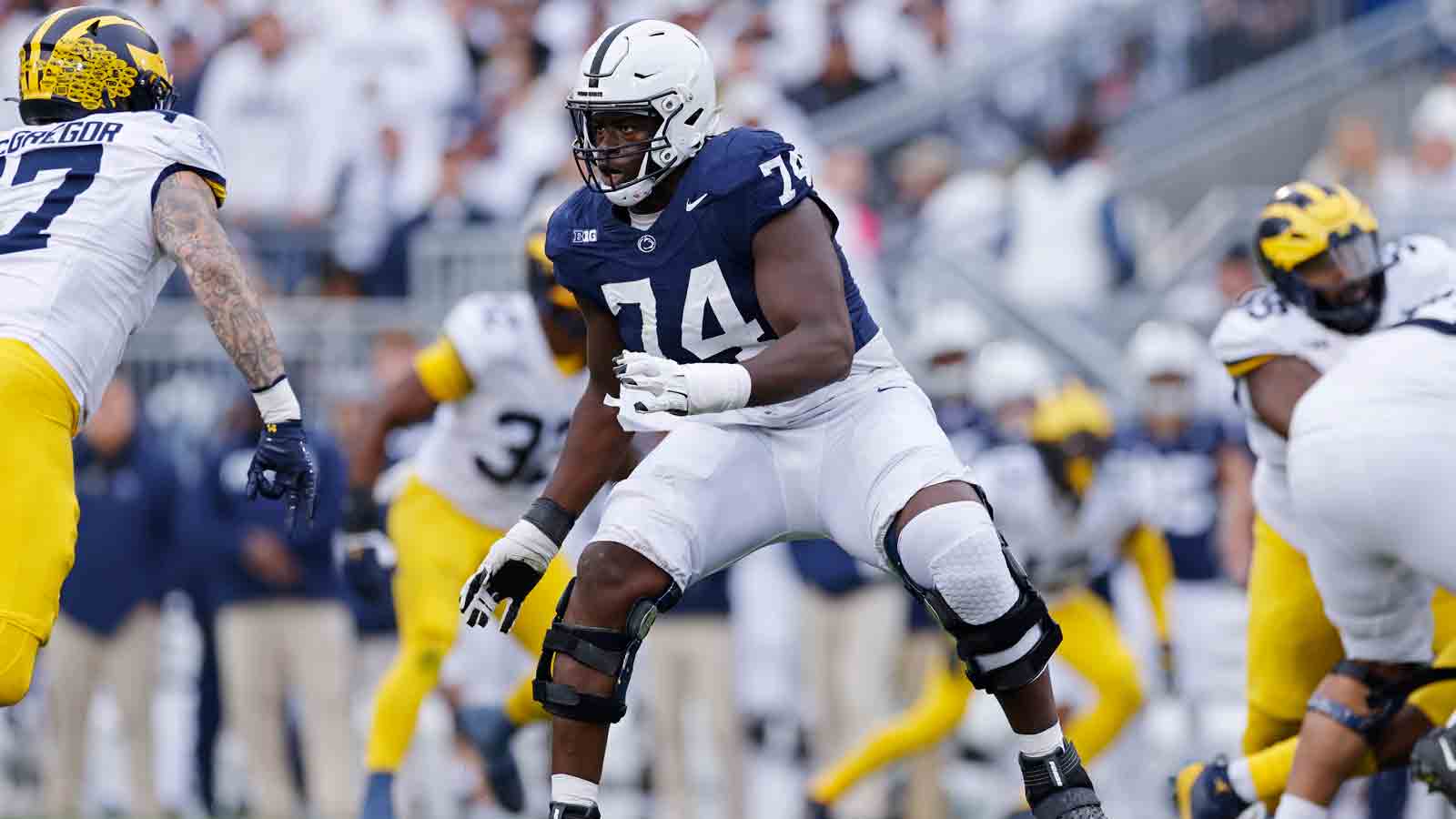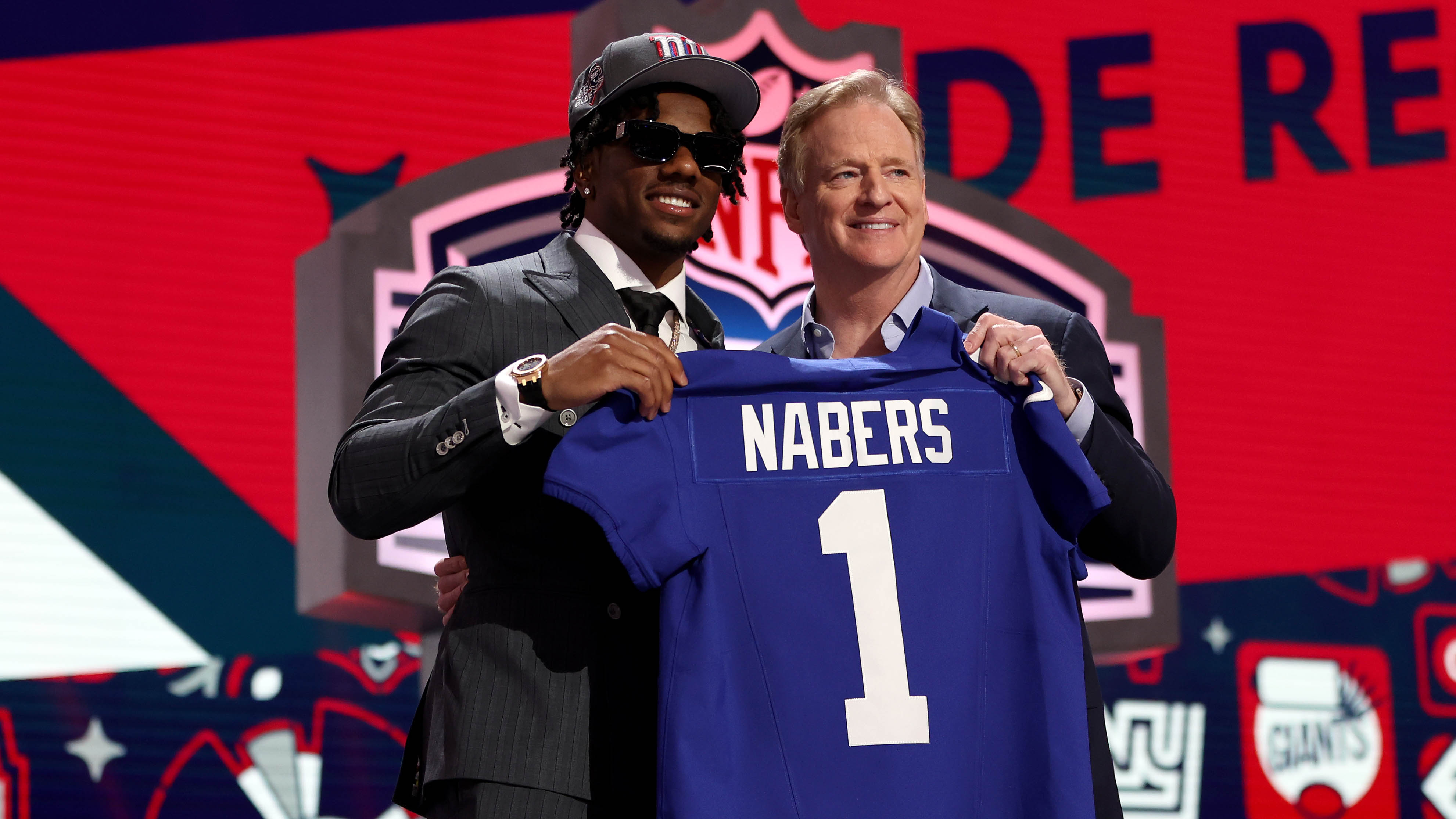The uptick in civilian drone usage in New York and New Jersey has lawmakers in both states considering sweeping legislation that could prohibit spying on people from the sky using drones.
Cellphone video captured by boaters on Lake Hopatcong illustrates just how intrusive and mysterious floating cameras could one day be.
As the boaters enjoy a sunny day on the water, a quad-copter drone inches closer with its camera trained on the group of friends.
They have no idea who is spying on them.
A bill in the New York State Legislature would make it a felony to use a drone to “capture an image of a person or his property” if that person has not consented, though using drones record video for purposes of national security, agriculture and news reporting would remain permissible.
The New York City Council is considering a proposal that would ban all drones from city airspace except those operated by the NYPD with a warrant.
The prospect of new regulation has worried some who make their living using drones.
Local
Randy Slavin, founder of the New York City Drone Film Festival, said it is important for policy makers to consider the economic and cultural benefits of drones when weighing full or partial bans on the capturing of aerial video.
“I’m scared a little bit of laws being overly oppressive because I don’t think it’s necessary.” Slavin said. “If you are parading around a window of your house naked and somebody flies by and takes a picture of you, they could have just as easily used binoculars or a camera to do the same thing.”
The efficiency of drones extends beyond that outlined in the New York bill, some say.
Olwyn Triggs, a private investigator who helps insurance companies prove disability fraud, says aerial video can not only help catch insurance cheats, it can keep costs down for everyone else.
“If we can lower the costs of litigation by using tools such as drones in our investigation, then we would be able to lower premiums, ultimately,” Triggs said.
She gave an example of an able-bodied construction worker who claims to be injured but goes to work, laboring at a work site surrounded by walls.
“I would love to be able to send a drone up right now and see if he’s over that fence down in the pit.”
A bill in the New Jersey Legislature would ban drone surveillance by the government unless a property owner consents or police have a warrant. But the legislation would not curtail the use of drones by private individuals to spy on each other.
Bari Weinberger, a Parsippany divorce attorney, said she would welcome more guidance from the state as drones relate to privacy. She expects more of her cases will hinge on drone video in the next decade.
The question, Weinberger says, is whether there are limits to what jealous husbands and wives can do to confirm their suspicions.
“Is that drone able to go to your bedroom window?” Weinberger said.



